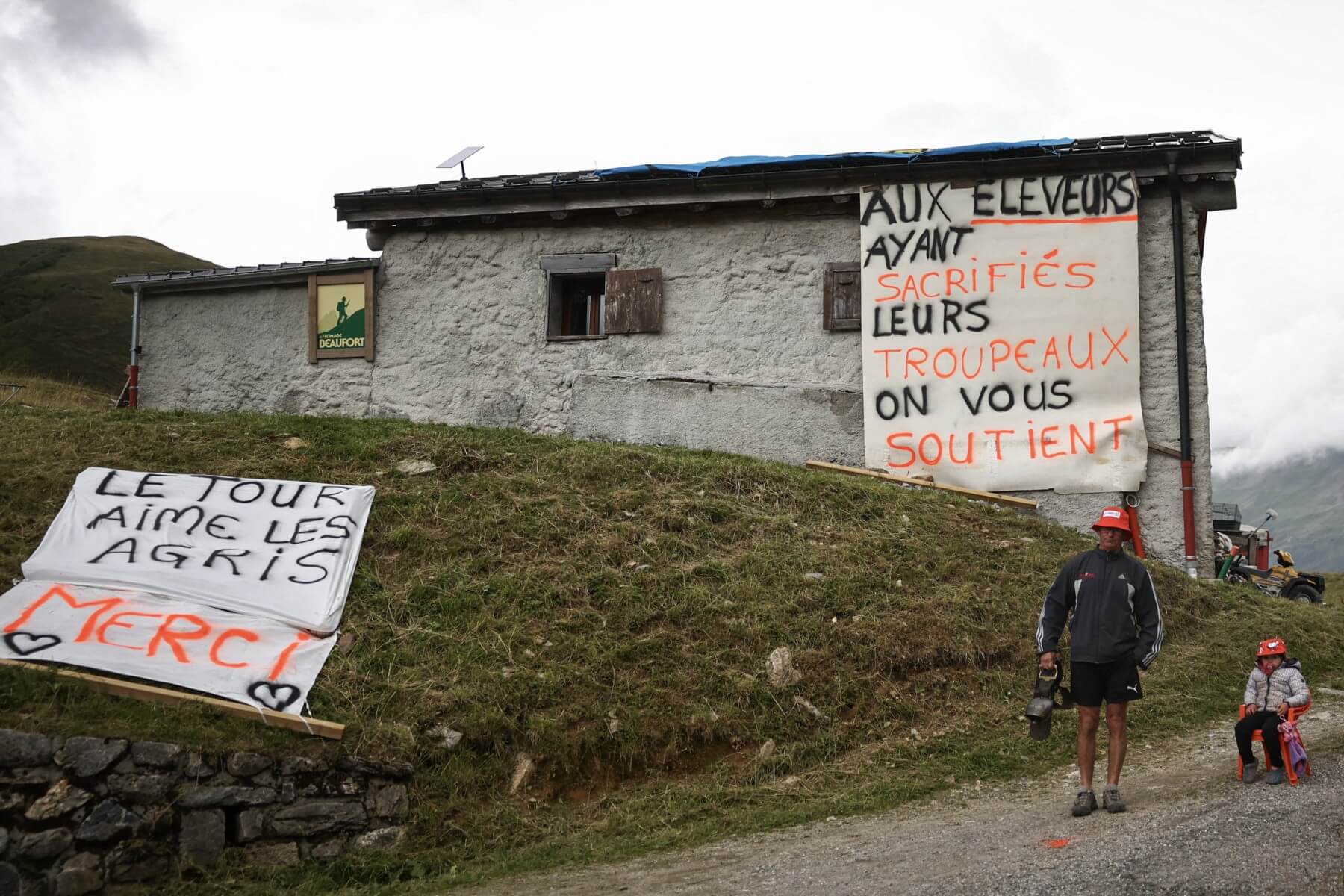An outbreak of the cattle virus Lumpy Skin Disease in France has led to cheese import restrictions and quarantine zones in the Alps.
One month after it was first detected in France, there are now 51 recorded cases of the highly contagious cattle virus Dermatose nodulaire contagieuse (known as Lumpy Skin Disease or LSD in English) in the French Alps.
As of July 31st, 24 farms in Savoie have been affected and 27 in neighbouring Haute-Savoie, both départements in the French Alps.
Lumpy Skin Disease poses no risk to humans, who cannot contract it, but it is highly infectious among cattle. The virus is spread by biting flies and – as the name implies – causes lumpy skin defects on infected cattle.
Advertisement
In most farms only a single case has been detected, but because the virus is so infectious, culls have been carried out among the herds where a case was discovered. So far around 1,000 cows have been culled.
Farmers must then observe a 45-day quarantine before they can reintroduce cattle onto their farm.
The government is also carrying out a mass vaccination programme in Savoie and Haute Savoie, with around 100,000 cattle already vaccinated against Lumpy Skin Disease, and another 200,000 still waiting.
For the moment, vaccination drives are only taking place in the two affected départements. The government has also, at this stage, ruled out a more widespread cull of cattle in the Alps.
Farms that are affected have put quarantine measures in place, so if you are hiking or cycling in the Alps you may come across paths that are closed for health reasons.
A stage of the Tour de France was re-routed because the original route was due to go very close to affected areas and local farmers were worried that the influx of fans and vehicles would break the quarantine.

Sign in the French Alps, referring to the Lumpy Skin Disease outbreak and culls, reads ‘To the farmers who had to sacrifice their herds, we support you’. Photo: Anne-Christine Poujalat/AFP
Lumpy Skin Disease cannot be transmitted to humans so there are no restrictions on the consumption of milk, cheese or meat from the affected areas. However supplies of some artisan cheeses may be affected by the culling of herds in the Alps.
The UK has banned the import of French cheeses made with unpasteurised milk because of the Lumpy Skin Disease outbreak (and also the import of Italian unpasteurised cheeses, since cases of the virus have also been reported in Italy).
Advertisement
Although the cheese is not harmful to humans, the UK’s agriculture ministry Defra says the measure is to protect British cattle, who could theoretically contract the virus through eating French cheese.
This affects all French cheeses that are made with unpasteurised milk, not only those from the infection zones, and includes some of the most famous cheeses such as Roquefort and Tomme.
The cheeses can still be safely consumed in France, or the rest of the EU.


Dining and Cooking